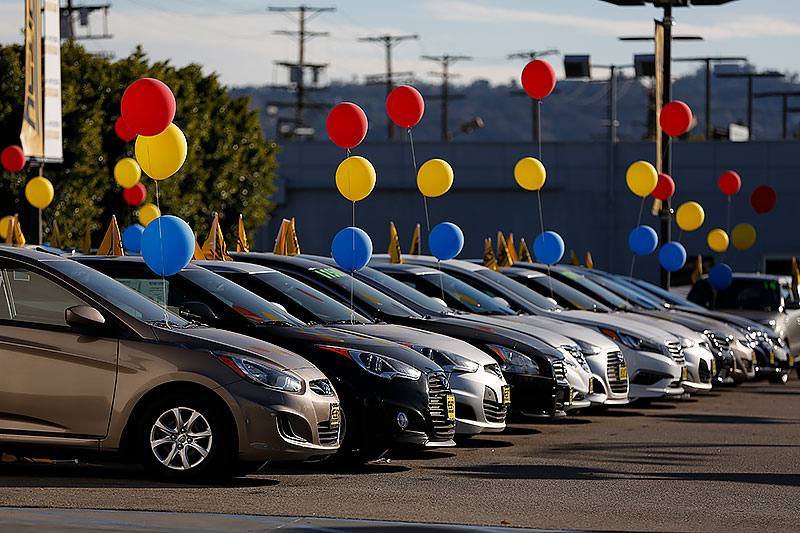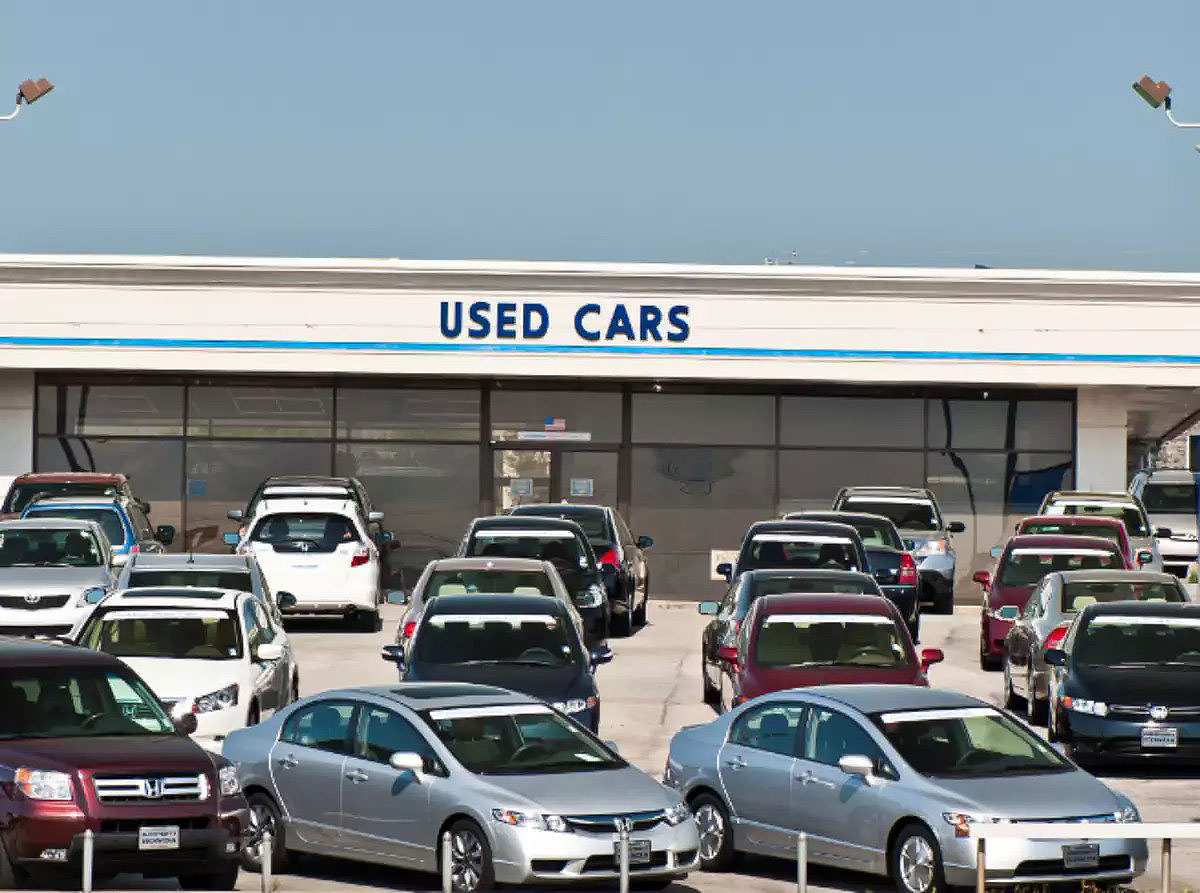A used car has loads of benefits, but buying one can be complicated. There are many things to wrap your head around – the car’s condition, history, warranty (or lack of one). That being said, with a little bit of planning, you can make the entire process super simple. Here are a few suggestions to speed you on your way.
1. Budget before everything else

You’re buying a used car to save money so it would be stupid not to do this. A used car is, obviously, more affordable than a new car, but it has added expenses in the form of licensing fees, taxes, and insurance. It also requires more maintenance. A general rule of thumb to follow is to buy a car that costs less than 20% of your salary and to keep a firm eye on those pesky added expenses. Read the terms and conditions, read the fine print, and research competitive prices before making the decision to buy.
2. Follow online pricing guides
They’re actually a really easy way to help you calculate the market value of the car you want. This will help you hold your ground against a persuasive salesman when it’s time to negotiate for it. Compare prices with different car models until you’ve made a shortlist.
3. Choose your timing carefully

More used cars are sold in the spring and the summer. That means dealers are especially eager to make sales during winter. March and September are the peak months for sales of new cars (often through part-exchange deals). Which is why at the end of March and in the winter months that follow September, you’ll find dealers offering lower prices and a bigger inventory.
4. Read the history report
The history report of a used car contains a lot of important information about it – records of inspections, registration history, emissions records, etc. Make sure the report discloses the kind of environment the car was previously used in – was it wet and humid? Or somewhere with freezing temperatures? Knowing what your car has been through will give you an insight into how practical and useful it will be to you.
5. Hire a technician

A technician will be able to examine your car properly and find drawbacks or complications the salesman may have conveniently forgot about; they will also be able to protect you from common scams like clocking scams, for example, that manipulate mileage.
6. Only buy after you try

Test driving a used car before committing yourself to purchasing it is always a smart idea. Arrange matters so you’ll have enough time. A five minute whip around the block won’t tell you much. You’ll need to set aside at least 30 to 40 minutes. Here are some tips to getting the most out of your test drive:
- Take the car through roads with twists and turns to test the suspension, transmission, and breaks.
- Test its engine power on the highway.
- Open and shut all the doors a few times, as well as the windows, to make sure they don’t get stuck.
- Test all its features including Bluetooth connectivity, parking sensors and the navigation system.
- Find a parking space that’s the exact size as your garage or parking spot at home to make sure the car will fit in comfortably.
